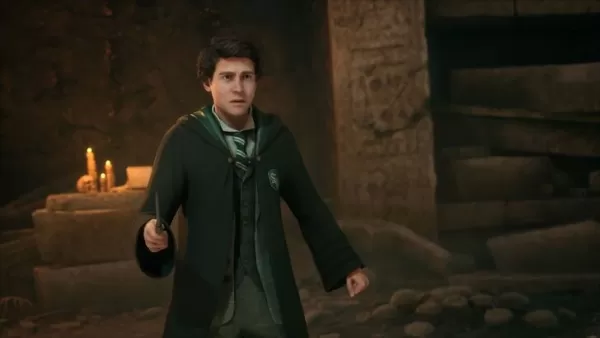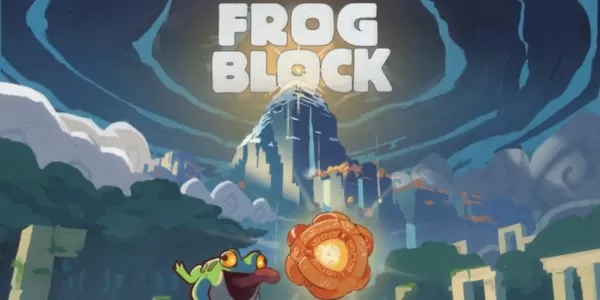
Yasuhiro Anpo, the director behind the remakes of Resident Evil 2 and Resident Evil 4, shared insights into the decision-making process behind bringing back the beloved 1998 classic. The surge in fan interest played a pivotal role, as Anpo noted, "We realized: people really want this to happen." This sentiment was echoed by producer Hirabayashi, who decisively stated, "Alright, we'll do it."
Initially, the team contemplated starting with Resident Evil 4. However, after thorough discussions, they recognized that the game, lauded as nearly perfect, posed a significant risk for any alterations. Consequently, the focus shifted to an earlier entry in the series that required a substantial update. To align with fan expectations, the developers delved into fan projects, gaining a deeper understanding of what the community desired.
Despite Capcom's internal deliberations, doubts persisted even among fans. Following the release of the remakes for Resident Evil 2 and Resident Evil 3, and the announcement of the Resident Evil 4 remake, some fans voiced their concerns, arguing that Resident Evil 4, unlike its predecessors, did not require as significant an update.
Resident Evil 2 and Resident Evil 3, originally released in the 1990s on the PlayStation, featured elements like fixed camera angles and clunky controls that had become outdated. In contrast, Resident Evil 4 revolutionized the genre upon its 2005 release. Despite initial skepticism, the remake successfully retained the essence of the original while enhancing gameplay and storytelling elements.
The commercial triumph and positive critical acclaim validated Capcom's approach. It demonstrated that even a game deemed nearly untouchable could be respectfully reimagined with a creative touch.







![Chubby Story [v1.4.2] (Localizations)](https://images.737c.com/uploads/85/1719638042667f981a5e9f8.jpg)

